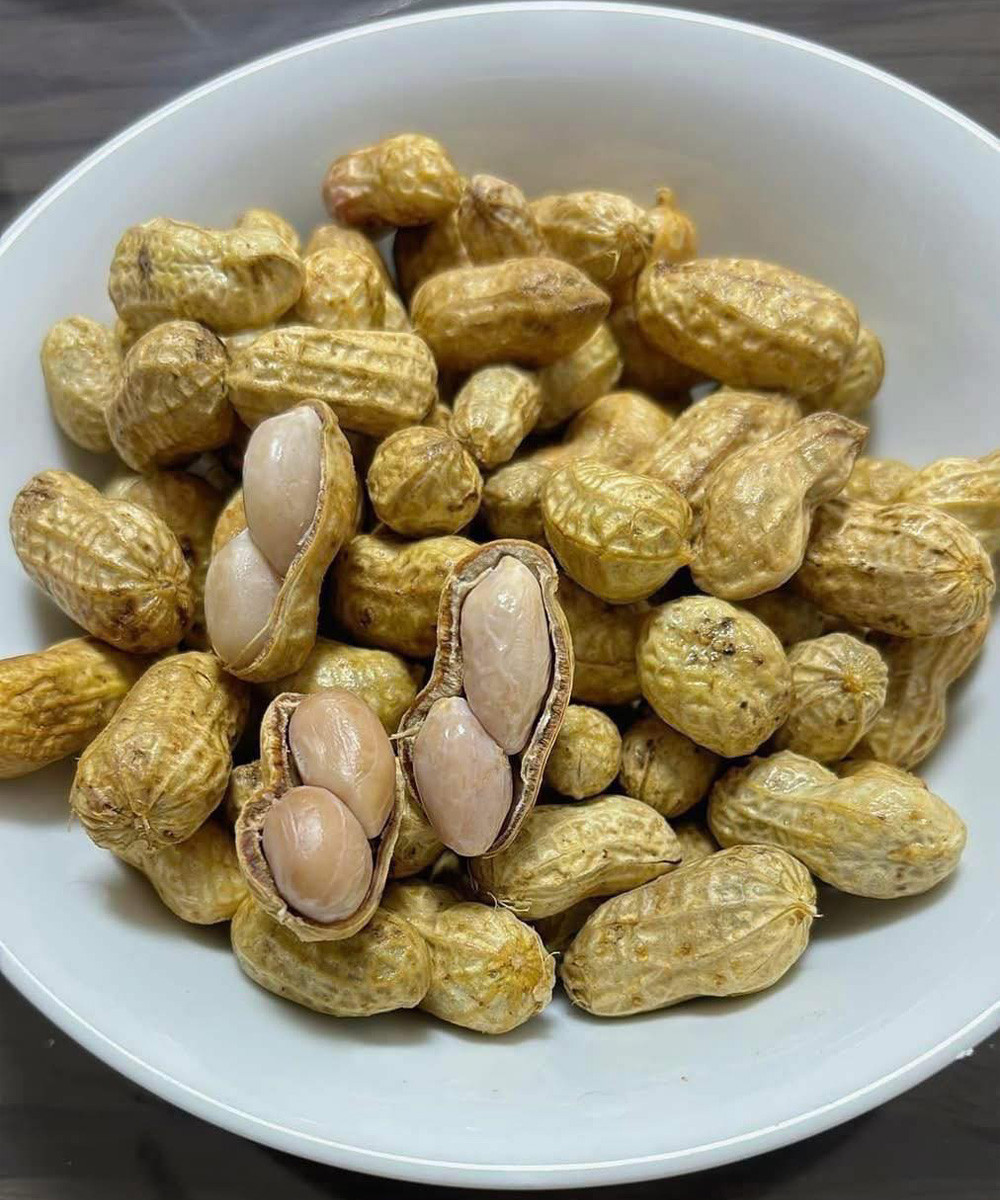🥜 Doctors Reveal That Eating Peanuts Causes…
Peanuts are more than just a tasty snack — they’re a powerhouse of protein, healthy fats, and essential nutrients. But what actually happens when you eat peanuts regularly? Doctors and nutrition experts reveal the surprising ways peanuts can affect your health, and why they might deserve a spot in your daily diet.
🌰 Why Peanuts Are Good for You
Peanuts aren’t technically nuts — they’re legumes — but they share many of the same health benefits as tree nuts. They are packed with:
-
Protein: Supports muscle growth and repair.
-
Healthy fats (monounsaturated and polyunsaturated): Promote heart health.
-
Fiber: Helps digestion and keeps you feeling full.
-
Vitamins and minerals: Including vitamin E, magnesium, and potassium.
-
Antioxidants: Such as resveratrol, which helps fight inflammation.
✅ Doctors Say Eating Peanuts Frequently Can…
1. Improve Heart Health
Regular peanut consumption is linked to lower cholesterol levels and reduced risk of heart disease. The healthy fats in peanuts help maintain arterial health and improve blood lipid profiles.
2. Help with Weight Management
Although peanuts are calorie-dense, their combination of protein, fiber, and healthy fats promotes satiety, which can help control overall calorie intake and curb unhealthy snacking.
3. Support Brain Function
Peanuts contain vitamin E, niacin, and resveratrol — nutrients that may protect brain cells, improve memory, and support long-term cognitive health.
4. Reduce Risk of Type 2 Diabetes
Some studies show that moderate peanut consumption can improve blood sugar control and insulin sensitivity, lowering the risk of developing type 2 diabetes.
5. Provide Essential Nutrients for Bone and Muscle Health
Magnesium, phosphorus, and protein in peanuts help strengthen bones and muscles, supporting overall mobility and energy.
⚠️ Are There Any Downsides?
While peanuts are healthy for most people, there are a few considerations:
-
Allergies: Peanut allergies can be severe, so anyone with a history of allergic reactions should avoid them.
-
Calorie content: Overeating peanuts can lead to excess calorie intake, so portion control is important.
-
Aflatoxins: Improperly stored peanuts may contain trace amounts of aflatoxins — a naturally occurring toxin. Stick to high-quality, properly stored peanuts to minimize risk.
🥗 Tips for Including Peanuts in Your Diet
-
Snack on raw or roasted peanuts instead of salted or sugar-coated varieties.
-
Add peanut butter to smoothies, oatmeal, or toast.
-
Sprinkle chopped peanuts on salads, stir-fries, or noodle dishes.
-
Incorporate peanuts into baking, sauces, or dressings for extra flavor and nutrition.
💡 Final Thoughts
Doctors confirm that eating peanuts in moderation can be incredibly beneficial — from boosting heart health and supporting weight management to enhancing brain function and providing essential nutrients. With their convenience, versatility, and rich flavor, peanuts are a small but mighty addition to a healthy diet.












0 comments:
Post a Comment